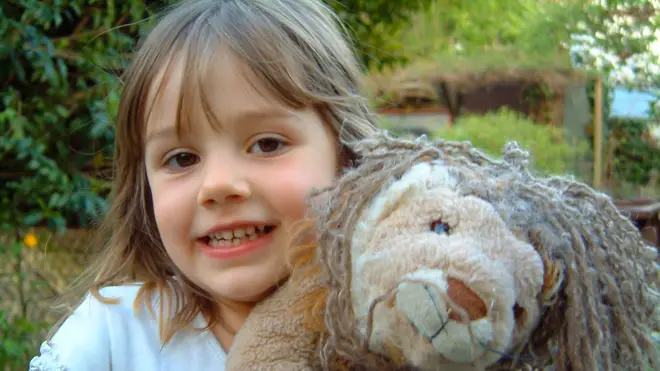
Paul Brand 3pm - 6pm
14 October 2022, 12:34

Senior coroner Andrew Walker has published a number of recommendations that could be added to the Bill to further strengthen it.
The coroner in the Molly Russell inquest has recommended that the Government’s proposed internet safety laws be strengthened in order to better protect children from online harm.
Senior coroner Andrew Walker’s report said the Government should consider “reviewing the provision of internet platforms to children”, including the possibility of “separate platforms for adults and children”.
This would represent a substantial strengthening of the existing proposals set out in the Online Safety Bill, which are expected to be reintroduced to Parliament shortly.

Currently, the Bill would require the biggest social media platforms to remove illegal content as well as clearly set out how they would protect children who use their platforms from encountering other harmful material, with the Bill suggesting age verification tools as one way of filtering appropriate content.
While this would require firms to create more robust barriers to protect children who visit their sites, it does not, in its current form, ask platforms to create separate spaces for them entirely.
The coroner’s recommendation does not suggest how such a system could work in practice across all major social media platforms – and the Government is not required to follow the report’s proposals – but some firms, including Facebook and Instagram owner Meta, have already begun exploring this approach.
A child’s version of its messaging platform – Messenger Kids – is already available, which is controlled and managed by a parent, including the ability to see contact lists and messages and also contains no in-app purchases or advertising.
In addition, the company has explored creating a version of Instagram aimed at those under 13 – the minimum age to join the full platform – which would similarly see online interaction monitored by a parent and not contain any advertising, although the development of that tool was paused last year.
Google-owned YouTube also has a designated Kids version of the platform aimed at those under the age of 13 which is overseen by parents.
If the Government chose to follow Mr Walker’s report, it could amend the Online Safety Bill to require platforms that know they are accessed by children to offer a specialised, separate version of their site to those under a certain age.
But questions remain about reproducing these types of systems at scale and where and when age restrictions and limits could or should be imposed.
Another recommendation that could result in a change to the Bill is Mr Walker’s suggestion of more controls being introduced around “parental guardian or carer control including access to material viewed by a child, and retention of material viewed by a child”.
While platforms themselves are able to see what a user interacts with and although some social media parental controls allow parents to see some of their child’s activity such as who they follow, this does not generally extend to a public tool within these controls on social media apps for parents to see what specific content their child has viewed.
At present, the Bill does not contain any specific proposals on this issue, although it does say firms should offer optional user empowerment tools.
Many of the coroner’s other recommendations are already present in some form within the Online Safety Bill, including a call to bring forward rules to better regulate the sector which are overseen by an independent regulator, which the Bill proposes to do by empowering communications regulator Ofcom.
Furthermore, the Bill includes provisions around verifying a user’s age before they join a site and the provision of age-specific content – both areas of concern raised by the coroner.
Mr Walker also recommended a focus on the use of algorithms – a subject on which the Bill aims to enable regulator Ofcom to demand data from companies.
It is unclear if the inquest and subsequent report will impact the Government’s approach to the Bill, but Culture Secretary Michelle Donelan has said that ministers were working “flat out” to deliver it after previously suggesting some tweaks would be made to the legislation.